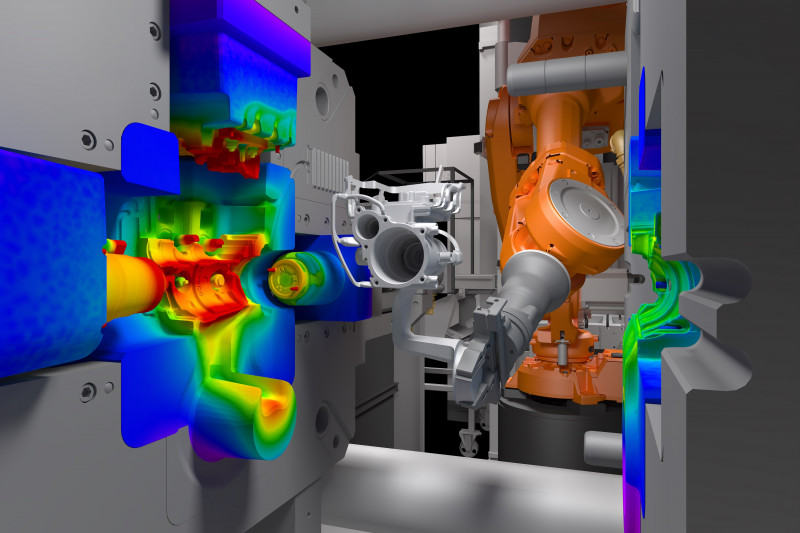Die casting is a manufacturing process that involves the injection of molten metal into a mold cavity to produce intricate parts with high precision and accuracy. The material used in the die-casting mold influences the quality, strength, durability, and cost of the final product. For this reason, it is essential to choose the right die casting mold material for your specific project needs. In this article, we will discuss the various die casting mold materials available, their properties, advantages, and applications to help you make an informed decision.

Materials for Die Casting Molds
Steel
Steel is one of the most commonly used materials for die casting molds. It is a durable and robust material that can withstand high-pressure casting. Steel molds have high heat transfer efficiency, allowing for faster cooling and solidification of the cast part. Steel also has excellent wear resistance, which makes it ideal for long production runs. However, steel molds are more expensive than other materials, and they require extensive maintenance to prevent corrosion and prolong their lifespan.
Aluminum
Aluminum is a lightweight and affordable option for die casting molds. Aluminum molds have excellent thermal conductivity, allowing for fast heating and cooling of the cast part. They also have good mechanical properties, such as high hardness and wear resistance, which makes them suitable for high-volume production runs. However, aluminum molds are not as durable as steel molds and may wear out quickly when exposed to high-pressure casting.
Copper
Copper is a soft metal that is easy to machine and polish. Copper molds have excellent thermal conductivity, allowing for fast heating and cooling of the cast part. They also have superior dimensional stability, which makes them suitable for producing intricate parts with tight tolerances. However, copper molds are expensive and may not be suitable for high-pressure casting due to their softness.
Magnesium
Magnesium is a lightweight and low-cost material that is ideal for producing complex parts with intricate geometries. Magnesium molds have excellent thermal and electrical conductivity, which allows for fast heating and cooling of the cast part. They also have good resistance to thermal shock and deformation, making them suitable for high-temperature casting. However, magnesium molds are not as strong as steel molds and may wear out quickly with high-pressure casting.

Factors to Consider When Choosing Die Casting Mold Material
Part Size and Complexity
The size and complexity of the part you want to cast will determine the type of mold material to use. Steel molds are most suitable for large parts or those with intricate geometries that require multiple cavities or slides. Aluminum and magnesium molds are ideal for producing smaller parts or those with simpler geometries.
Production Volume
The production volume of your project will determine the durability and lifespan of the mold material. Steel molds are most suitable for high-volume production runs due to their robustness and wear resistance. Aluminum, copper, and magnesium molds, on the other hand, are suitable for low-volume production runs, prototypes, or short runs.
Cost
The cost of the mold material is an essential factor to consider in any manufacturing project. Steel molds are the most expensive but offer durability and longevity, making them suitable for long-term projects. Aluminum, copper, and magnesium molds are more affordable but may require more frequent replacement or repair, making them ideal for short-term projects or prototyping.
Material Requirements
The material requirements of the final product will determine the type of mold material to use. For example, if you need to produce parts with high strength, hardness, or wear resistance, steel or copper molds may be the best choice. If you require parts with lightweight and low-cost, aluminum or magnesium molds may be the best option.
Conclusion
Choosing the right die casting mold material is crucial for producing high-quality parts that meet your project needs. Steel, aluminum, copper, and magnesium are the most commonly used materials for die casting molds, each with its unique properties, advantages, and applications. When choosing a mold material, consider factors such as part size and complexity, production volume, cost, and material requirements to make an informed decision. Choosing the right die casting mold material will help you produce high-quality parts that meet your project needs and budget.

 0086-750-5616188
0086-750-5616188 +86 13392089688
+86 13392089688 sales@zhongmei-tech.com
sales@zhongmei-tech.com













